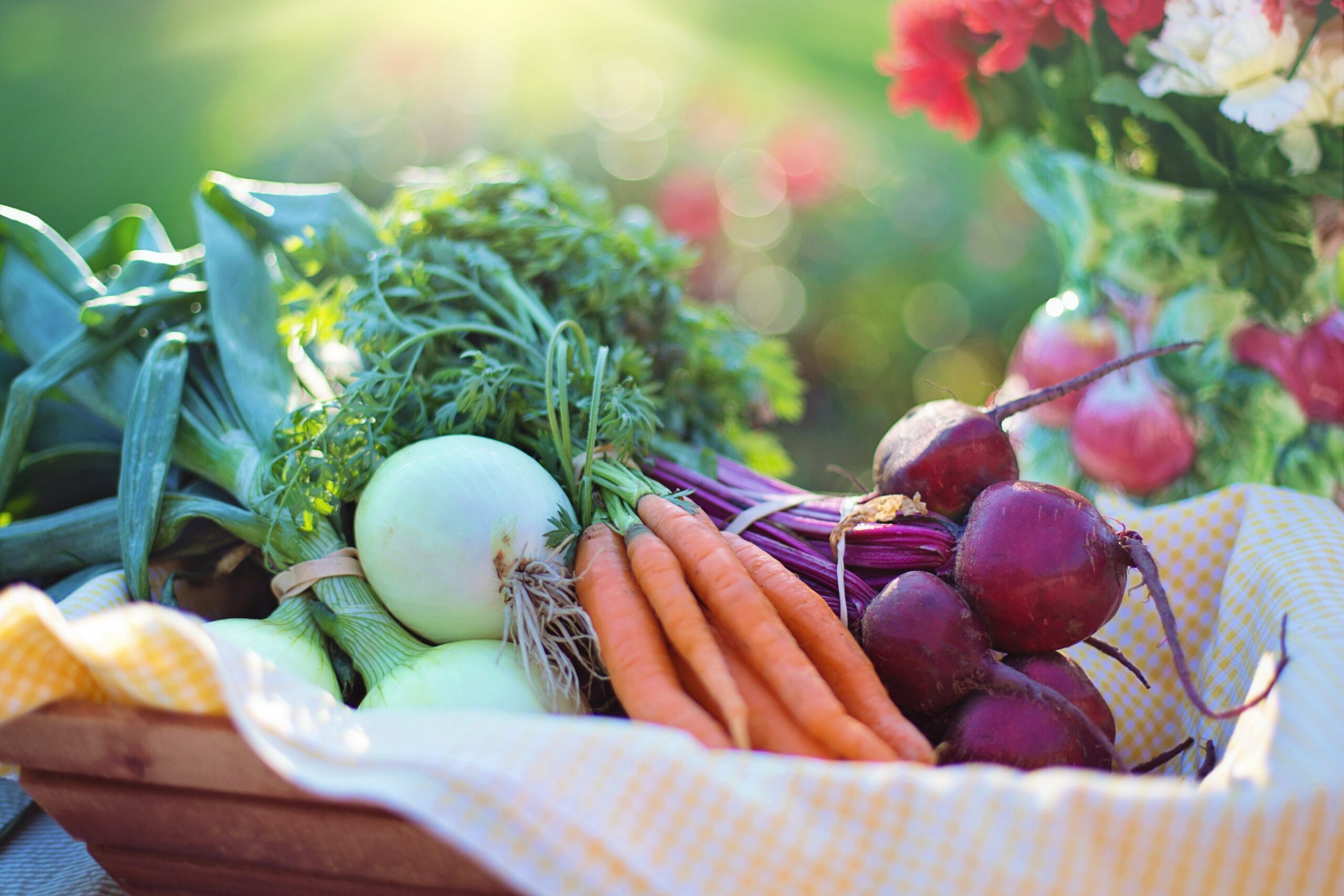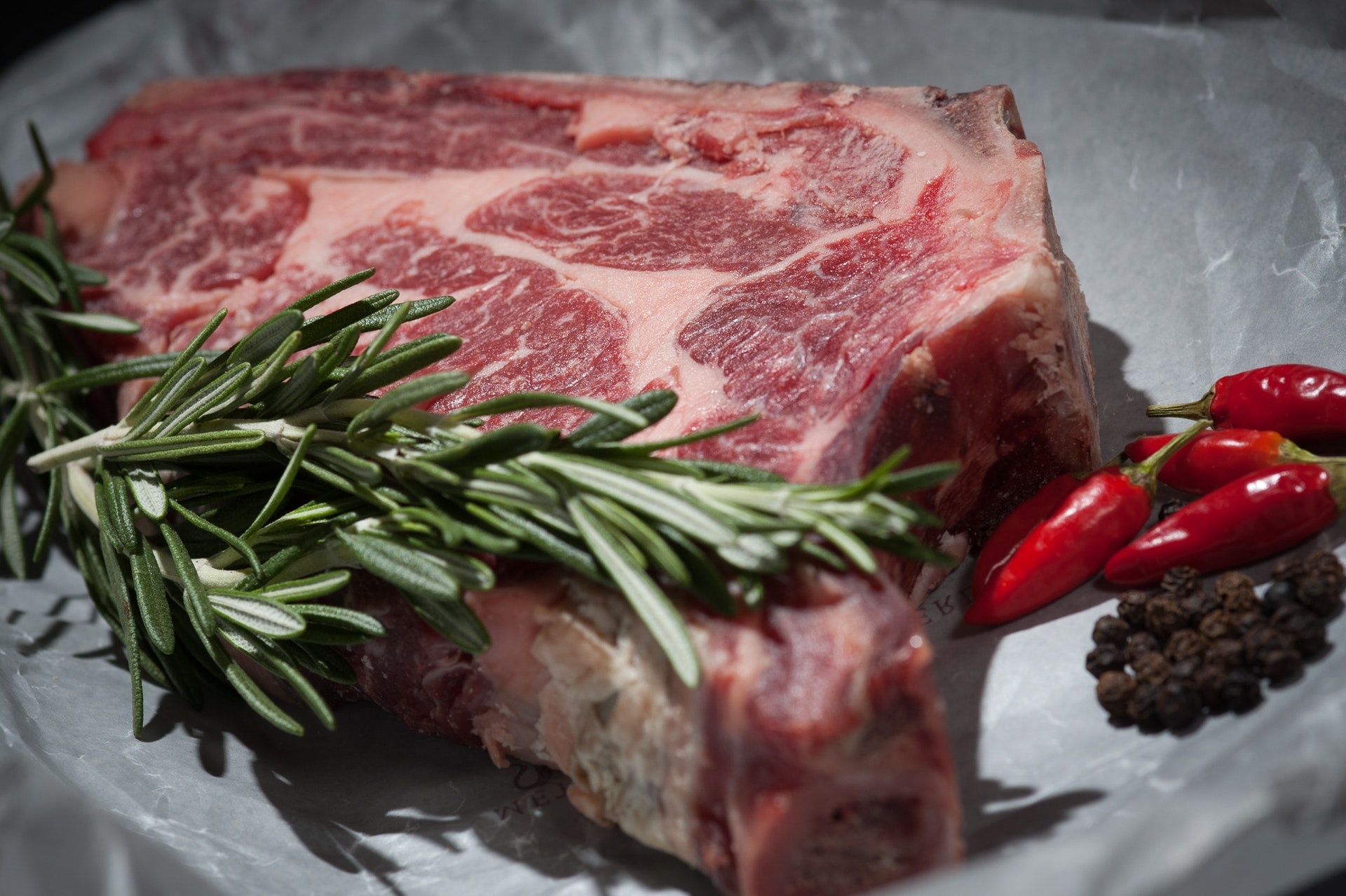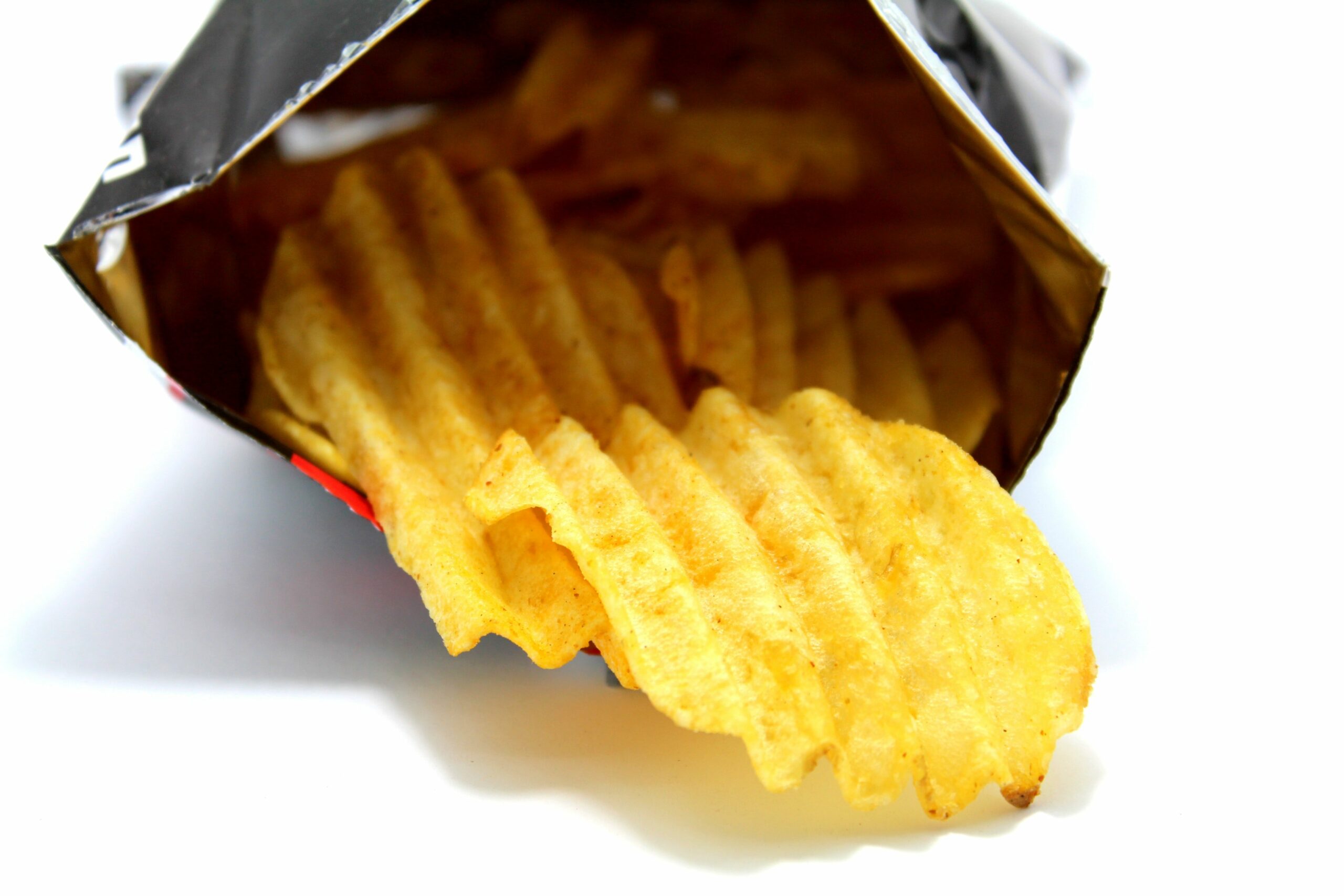What Does Organic Really Mean?
Decoding the label
Surely you have heard the recommendations to choose organic when you can. But, what does that really mean? Are you really getting the benefits that you pay for?
We have done some digging to find out exactly what organic means in different contexts, besides just being free of man-made pesticides. While organic does mean there are a stricter set of regulations, it doesn’t necessarily mean pesticides aren’t being used. It does mean that the pesticides used come from a vetted list of non-man-made chemicals, which does help assure they are better for your health because many chemical based pesticides have been linked to cancer, infertility, cognitive impairment, and immune system suppression to name a few.
Tip: when shopping for produce, organic produce stickers will have a 5 digit number starting with a 9. Conventional produce codes will only be 4 digits long. If the product code is 6 digits long (this isn’t as common), make sure the second digit is a 9 if you are searching for organic.

Produce
- Grown on soil that has no prohibited substances applied for 3 years prior to harvest
- The farmer can’t plant GMO seeds or use other prohibited practices including the use of ionizing radiation or sewer sludge

Meat
- Animals raised in living conditions accommodating their natural behavior
- Fed 100% organic feed and forage, are not fed with GMO products
- Not administered antibiotics or hormones

Processed Foods Labeled “Organic”
- No artificial colors, preservatives, or flavors
- Requires that all ingredients are organic with minor exceptions like enzymes in yogurt, baking soda, etc.
- Cannot include any GMO ingredients

Processed Foods “Labeled Made with Organic …”
- Contains at least 70% organically produced ingredients
- The other 30% of ingredients cannot be produced using prohibited practice, such as using ionizing radiation or sewer sludge
